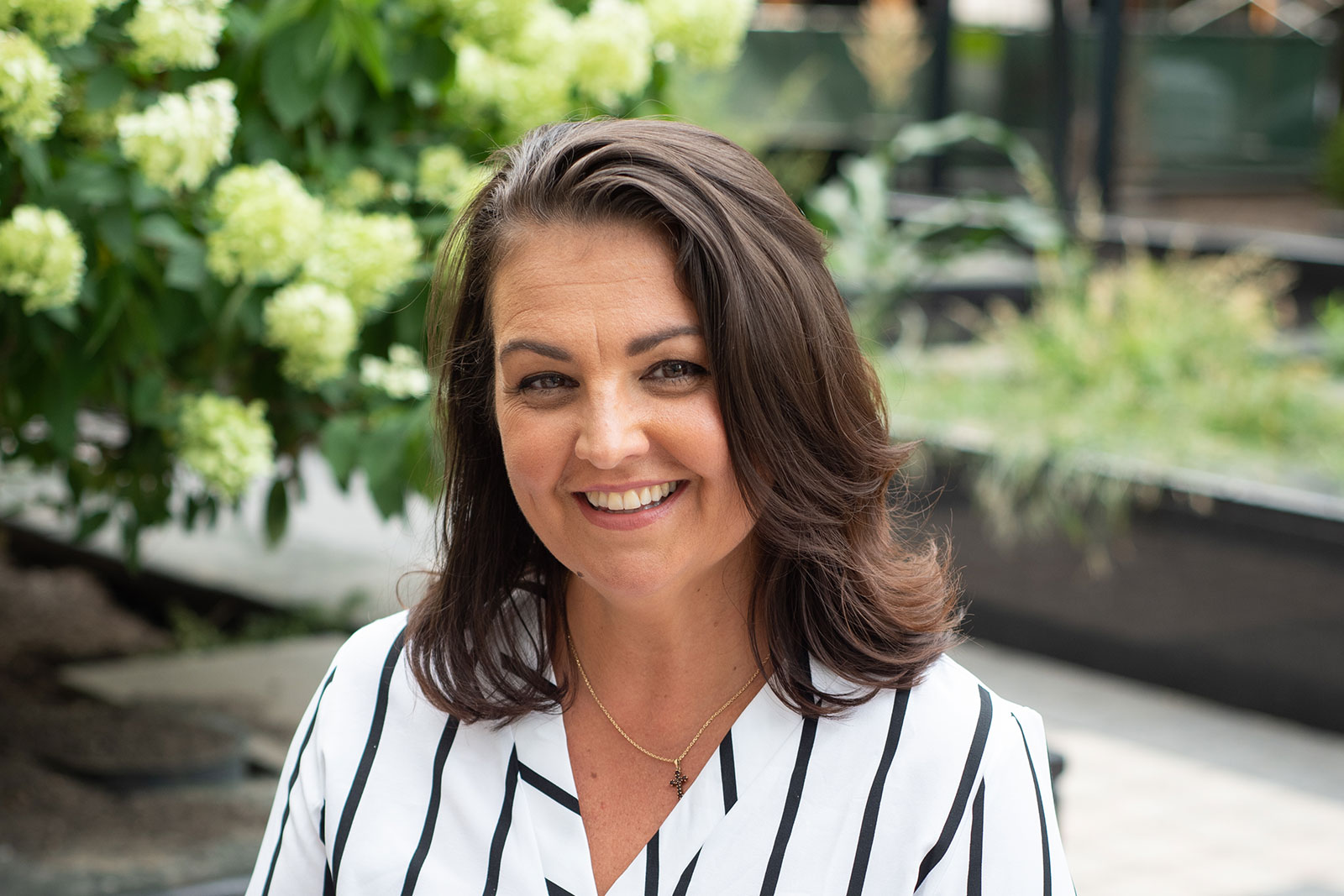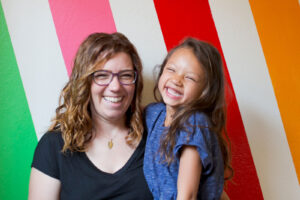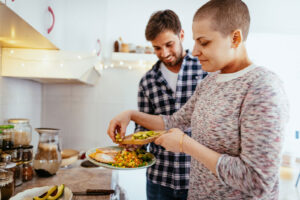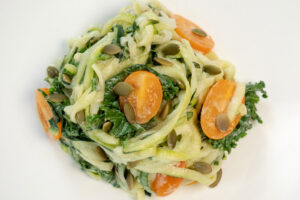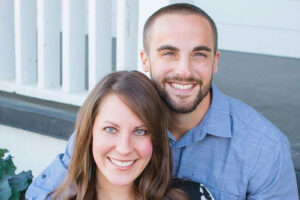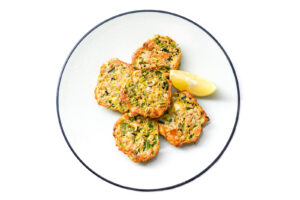The caretakers and supporters of those who have been diagnosed with cancer are more crucial to a patient’s journey than anyone or anything else. You may be a chemo buddy, scheduler, workout companion or all three. Whether a supporter goes to one chemo treatment or all of them, makes all the phone calls needed for treatment, takes the patient for a walk and holds their hand, the patient’s support system is an integral part of the process. Supporters can be the rock that a patient needs, selflessly putting everything on hold because there is no other option for them and their loved one. But, when taking care of others, it is also imperative for supporters to take care of themselves.
The American Cancer Society describes caregivers as unpaid loved ones who give physical and emotional care to a person with cancer. Caretakers may be spouses, partners, family members or close friends, and more often than not, they are not trained for the caregiver job. Still, they are the lifeline for the person with cancer. I have heard and read hundreds of supporter stories and all of them are unique. In “Chicken Soup for the Soul: The Cancer Book,” a woman named Cynthia wrote about her husband who was diagnosed with lung cancer. Cynthia was thrown into a caretaker role that she had no natural inclination to fulfill. She explained, “While I might not have always loved the caretaker’s job, I’ve always loved the patient.”
That mindset is key—love for the patient is the driving force! Caretakers would do anything and search anywhere to find a cure to make sure their loved one stays put. But as a caretaker, in order to do that, one must also take care of themselves! You may think you can sleep, eat and exercise when your loved one feels better. And while that statement may be true, you might be more helpful to a loved one if you do these things while you are actively caretaking.
Of course, most of this depends on the role of the caretaker in each scenario. Spouses who are the sole caretakers may find it harder to get away. Still, it is important to find time to recharge your batteries when you can. Try reading a couple of chapters of a good book, soaking in the tub or meditating. If you are in charge of meals, make sure you take time to enjoy them. As much as your loved one needs essential nourishment, so do you! If you’re looking for inspiration, you can find several amazing and nutritious recipes in this issue.
Cancer doesn’t care how much we do, but that also doesn’t mean we stop trying. We never stop trying.
Some of you who may not be full-time caretakers, but are still committed to helping a loved one battle cancer. I have been blessed to fill that role a number of times. I supported a dear friend battling cancer that started in her spine before metastasizing to her brain. With all of my knowledge and resources, I wanted to jump in and help her in every possible way. From doctor and legal referrals to charity connections, I offered everything I had. I followed up as much as I could and became part of the meal train that our group of girl friends set up for her. When I saw her, I was as positive and upbeat as possible. I did whatever I could to make her smile.
However, at her funeral, I felt guilty. As I sat with my husband, I saw the myriad of photos her family put together honoring her life. I felt like I should’ve done more. I could have made her listen to me about getting another opinion or perhaps I could have been there more often. As I cried and beat myself up, I looked at the rest of our friends. I realized in that moment that I did do enough, as did all of us. Cancer doesn’t care how much we do, but that also doesn’t mean we stop trying. We never stop trying. As a caretaker and supporter, you do everything you can for your loved one. In the moments when you feel powerless, know that that is OK, too.
There may be many books, blogs, articles and podcasts explaining cancer and what it means to take care of those who have been diagnosed. However, there aren’t as many step-by-step guides that explain what to do or say, how to act or feel. Each cancer experience is different because each person is different. The same is true for caretakers.
I encourage all caretakers to take care of yourselves, and don’t feel guilty for doing it. The better you care for yourself, the better you care for others. I applaud you and I stand with you. Stay well and enlightened, until next time!

